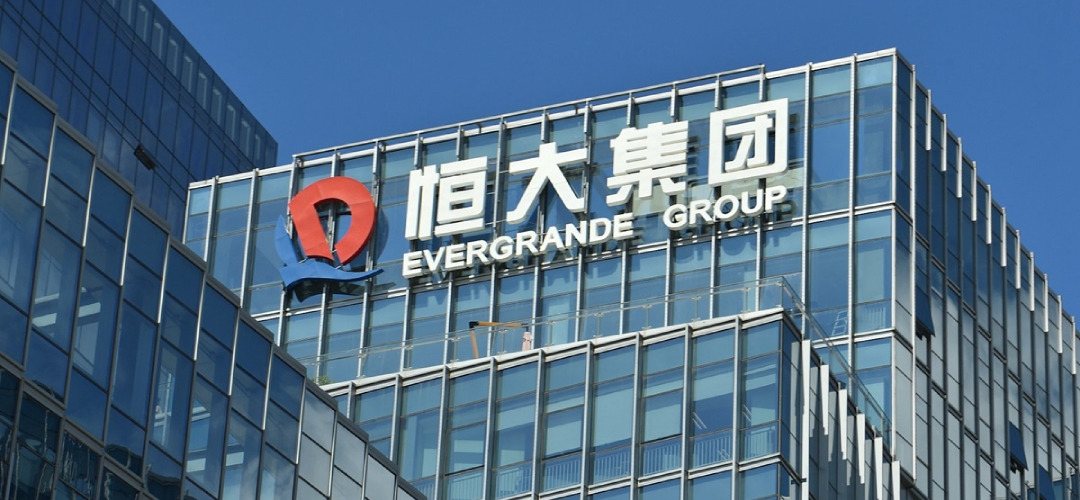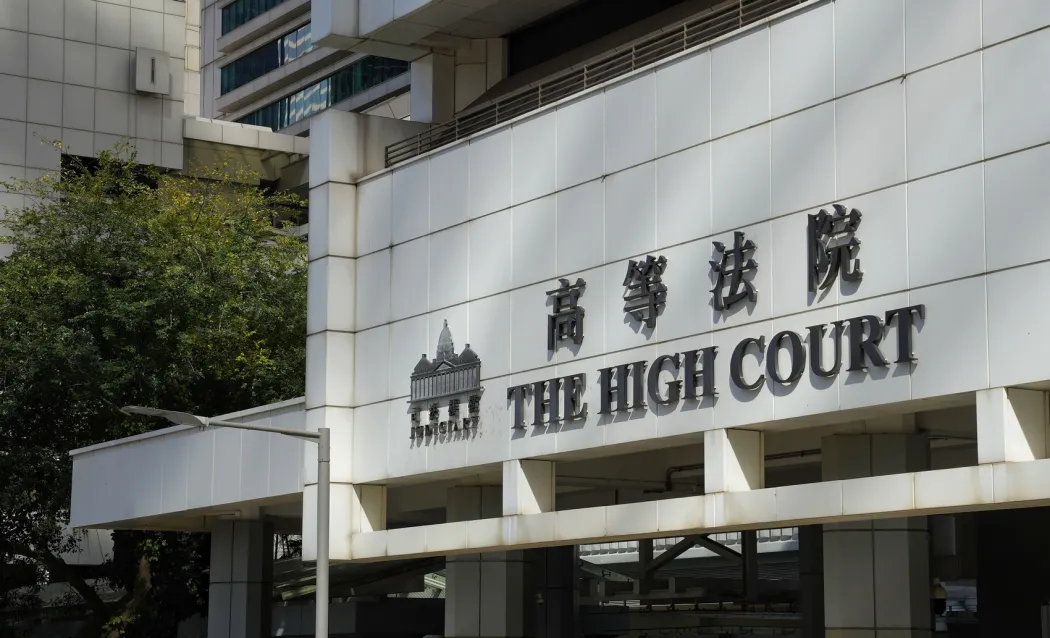A Day of Reckoning?
December 9, 2023 | Expert Insights

Chinese property behemoth Evergrande has been given a final ultimatum by Hong Kong's High Court to offer a feasible repayment plan for its extensive debts, failing which it would face liquidation. Once China's most prolific real estate developer and now the world's most indebted property developer, Evergrande may end up in a messy winding-up process.
It’s been two years since the debt-ridden property giant defaulted with more than $300 billion overdue, during which time investors have scrambled for their share of its money. Evergrande, once grand as ever in the property domain, has now become an emblem of China’s property crisis that has reverberated to the rest of its economy.
Background
For two decades, Evergrande exemplified China’s capitalism as one of its most successful property companies, a pillar of its real estate sector. However, over-expansion left it financially overburdened and when it defaulted, it had more than $300 billion overdue.
At the heart of a slowing economy, China’s property market faces lagging demand and a serious crash crunch. It accounts for about one-third of China’s economic output. In 2020, Beijing introduced measures to restrict lending to property developers to discourage the property bubble, resulting in a wave of defaults. Evergrande defaulted about a year later. Its default left China’s housing market in crisis, affecting other developers in the business as well as house owners uncertain about the value of their prized assets - houses.
Given Evergrande’s deteriorating financial position, investors now expect little back. Creditors filed a winding-up petition last year in Hong Kong, initiating the liquidation process, but the case has dragged on while the parties try to reach an agreement on debt restructuring. Evergrande was negotiating a repayment plan with its offshore creditors earlier this year, but the deal went off the table when the Chinese police detained its founder-chairman, Hui Ka Yan, for unspecified suspected crimes.
In the most recent court proceeding held this week in December, it won a final period to negotiate a deal with offshore bondholders after the High Court adjourned the winding up decision to January 29th.

Analysis
China’s real estate sector has been a pivotal problem for its economy for some years now. Evergrande is not the only property giant waist-deep in debt. Country Garden, China’s largest developer, has also run into debt trouble. Developers’ problems have spilled over to the rest of the economy. While the government has tried to remedy low housing demand by easing conditions for buying a house and lowering interest rates, it has not made much of a difference.
The property crisis has also brought into focus China’s shadow banking industry — institutions that offer financial services similar to banks but are not subject to banking regulations. One under investigation is Zhongzhi Enterprise Group, a major shadow bank that lent billions of dollars (in yuan) to property developers and then ran into insolvency with massive liabilities.
The chances that Evergrande could resurrect itself are slim. A new restructuring deal that creditors agree to could buy it some time. Evergrande’s offshore creditors have demanded equity stakes that would allow them to control the builder as well as two subsidiaries. If the deal goes through, it would be one of China’s largest restructurings ever. However, if creditors reject the plan, liquidation could be the only option.
Bankruptcy and liquidation would be a lengthy and complicated process, particularly given its extensive and complex business structure. On the one hand, it has three companies listed on the Hong Kong Stock Exchange outside China’s jurisdiction, including its holding company. On the other hand, it has thousands of Chinese subsidiaries and more than 1000 real estate projects with assets that would likely be out of reach for Hong Kong investors.
Winding up will further complicate the picture for creditors and homebuyers. A major question that persists is whether a liquidation order by a Hong Kong court would be accepted and executed in China, given that Hong Kong is outside of Chinese jurisdiction. Hong Kong follows a common law legal system separate from mainland China and is often chosen by offshore creditors as a forum to apply for the liquidation of faltering Chinese building companies. Beijing may tinker with this system only at great peril to its reputation as a safe destination for foreign investments.
A substantial portion of Evergrande’s debts is domestic - owed to Chinese residents, mostly buyers waiting for their homes to be completed. However, its default in 2021 had implications for global finance, given the sizeable contribution of the property sector to China’s GDP and financial system. Liquidation, if it takes place, would not just have to settle creditor hierarchies but also deal with the issue of the numerous properties yet to be completed. It is unlikely that international lenders would be prioritized over domestic homebuyers. Ultimately, the precarious situation may require Chinese government involvement, given that it will have ramifications for the entire Chinese economy.
The postponement of the court decision comes as the government passes new measures to support the property market, which has taken a hit since it introduced measures restricting borrowing in the industry three years back. While real estate was a driving factor in China's economic boom, developers borrowed heavily as they covered cities with apartments and towers. Among other measures to prop up the sector, the government is drafting a list of developers eligible for financing support.
India, too, has a booming real estate market and must watch the developments carefully. Fortunately, the real estate market is around 7 per cent of the GDP, not as high as China's nearly 29 per cent. The Indian market has also suffered such bubble bursts as Unitech Limited, which once claimed to be the largest real estate builder in the country.
Assessment
- Evergrande’s fate seems to be interwoven with the Chinese economy. Restructuring could buy it time to get back on its feet, but it would still be mired in China’s property crisis and slowing economy.
- A drawn-out liquidation would have to grapple with domestic vs. offshore concerns, heightened by China’s economic challenges, as well as legal tangles like enforcing a Hong Kong court order in mainland China.
- India needs to keep speculation out of the real estate market and concentrate more on homes catering for the lower-income groups that cost less than Rs 30 lakhs. The government has to strictly monitor the market and intervene early to prevent the crisis from spiralling out of control.








Comments